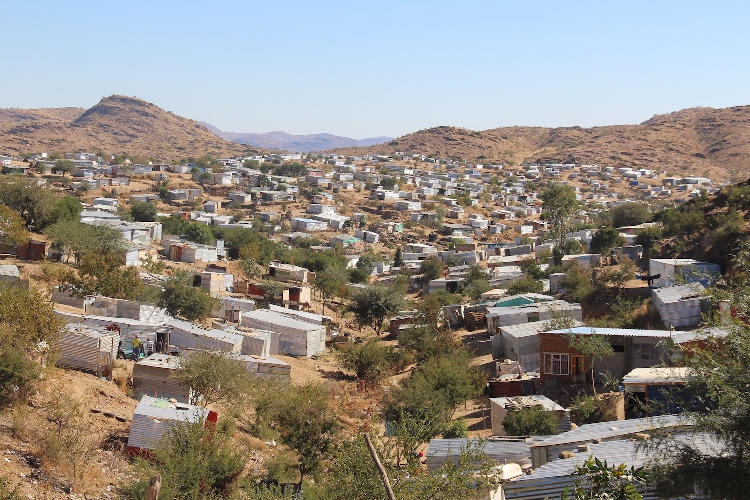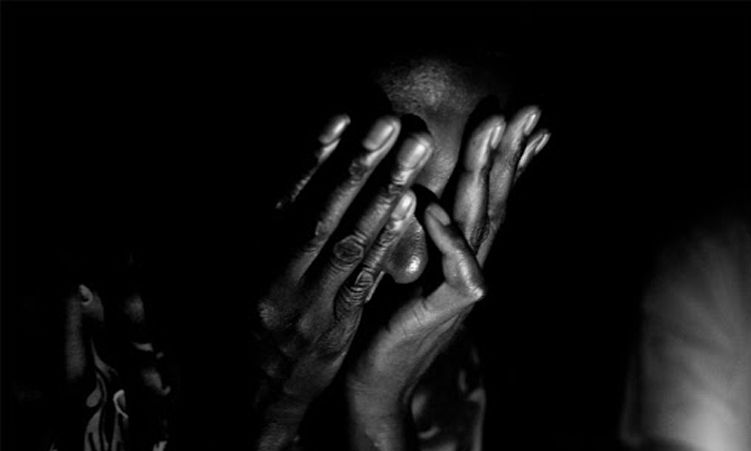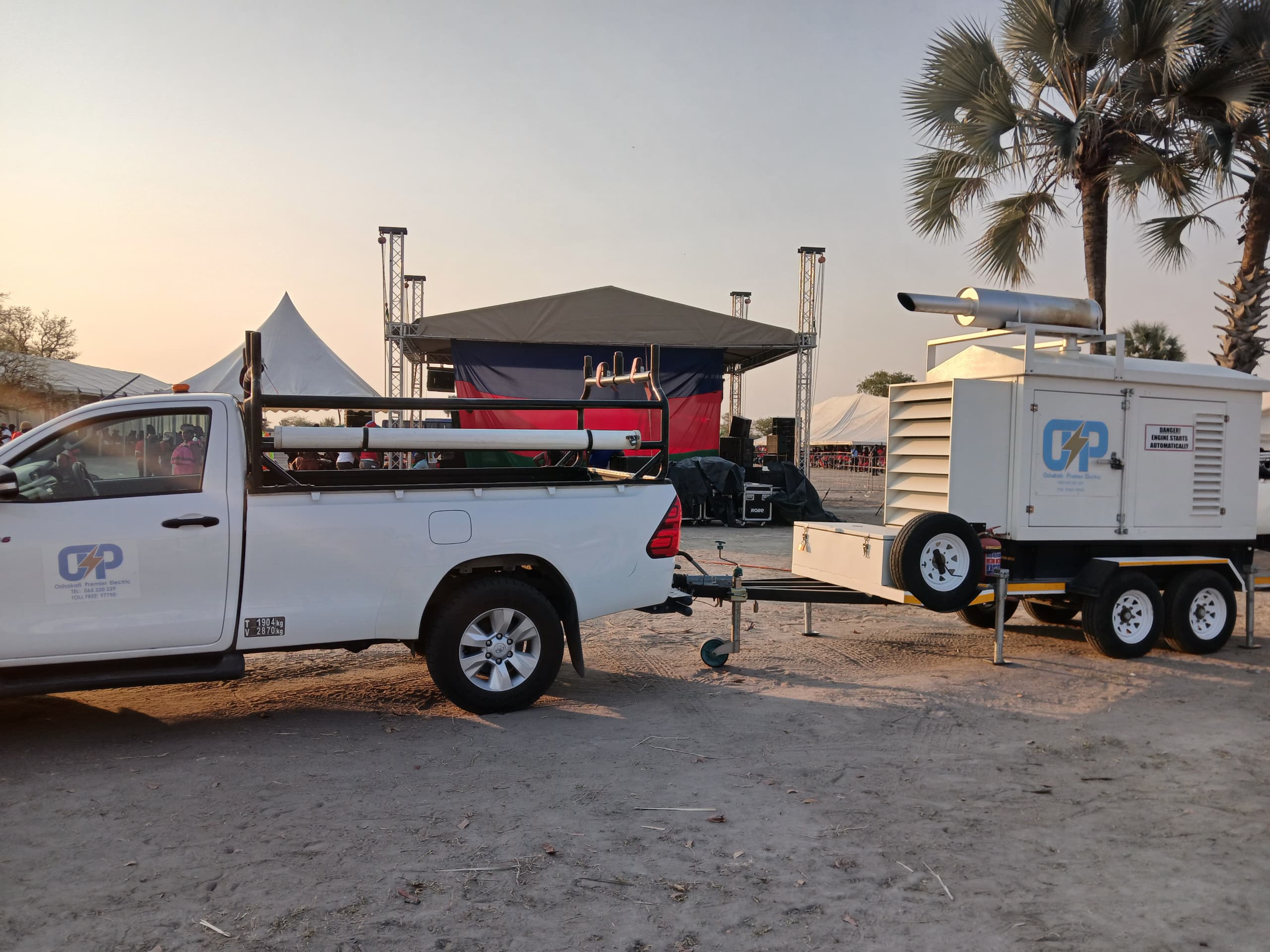SINCE 2006, the City of Windhoek has only serviced 63 residential plots in Katutura, while over 2 000 residential plots were serviced in affluent neighbourhoods.
The 63 residential plots are out of around 2 800 residential plots serviced in Windhoek for the past 10 years.
obtained these statistics last week from the municipality, which also defended the building of apartments in the city by saying it is a global trend.
Serviced land is an area where services such as roads, water supply and sewers are installed. The latest figures cement the perception that the municipality puts more effort into servicing land in high earning areas.
According to the figures, the city serviced 58 plots for housing in Katutura and 38 plots for businesses. The city did not provide the size or price of those plots.
Eleven residential plots were serviced in Wanaheda. Simply put, since 2006, the municipality did not service land for housing in poor areas such as Havana and Okuryangava. Residents of informal settlements make up close to half of Windhoek’s national electorate.
reported last week that Havana has around 100 000 people living in shacks. The Namibia Statistics Agency said out of 325 000 people living in Windhoek, over 113 000 live in informal settlements.
Yet, the city has in the past years mostly focused on the servicing of land in affluent areas. City statistics show that the municipality serviced over 2 000 residential plots in areas considered high and slightly middle income.
The 2 000 housing plots include, among others, 500 in Cimbebasia, 431 in Academia, 200 at Kleine Kuppe, 297 at Auasblick, 48 plots in Hochland Park and seven in Eros. The municipality said it serviced around 600 residential plots at Khomasdal extension 16, and 700 residential plots at Otjomuise Extensions 4, 8 and 9 since 2006.
If the city’s version that plots in Otjomuise are for low income earners is to be believed, then it could mean that just over 763 plots were serviced for the poor in a decade.
Some might consider Otjomuise a low income area, but the latest trend in that suburb shows that most plots are snapped up by developers to build apartments, a trend which instead shuts doors for low income earners.
The city’s land delivery executive Steven Hochobeb pleaded ignorance when asked if they neglected the poor.
He said technically, Katutura was already serviced before independence.
“The city has not failed (to deliver serviced land to low income areas). In fact, the city has upgraded many areas in Katutura since independence, ” Hochobeb stated.
Even the ruling elite is scrambling for land in high market areas. Among the notable beneficiaries is the Swapo Party Youth League (Cimbebasia), Sidney Martin and his partners (Eros), businessman Leake Hangala (Auasblick) and Frans Ndoroma (Klein Windhoek).
Those individuals received land via public private partnerships (PPPs), an arrangement where the municipality gave well connected property developers free land to set up essential services such as water, and then sell these plots at huge profit margins. Most of them want to build apartments.
The total size of PPP land deals given to around 12 companies measures over 500 hectares, enough to accommodate over 16 000 standalone erven on a 300 square metre plot each.
To put it in perspective, apart from the PPP deals, the city gave enough land in high income areas to build over 20 000 houses, while low income areas only received just over 763 residential plots.
Hochobeb said there is what they call greenfield developments, where vacant land is serviced, while brownfield developments are about servicing plots on land settled informally.
He said the most recent greenfield development in a low income area was in Otjomuise Extension 10, a project funded by the government through the Targeted Intervention Programme for Employment and Economic Growth (Tipeeg).
“The city develops low income areas from its own finances to ease the burden on the (low income land) purchasers, ” he added.
Hochobeb is the same city official accused last year of signing illegal deals allocating land measuring 150 hectares to three companies.
Meanwhile, he defended the increase of apartments in the city.
“As much as there is a demand for residential erven, there is obviously a demand for flats and apartments. Otherwise, flats and apartments would not be built in the city, ” Hochobeb said.
He admitted that there are people who see flats as a curse, but he insisted that flats are a global trend in cities like New York and Manhattan.
Stay informed with The Namibian – your source for credible journalism. Get in-depth reporting and opinions for
only N$85 a month. Invest in journalism, invest in democracy –
Subscribe Now!






